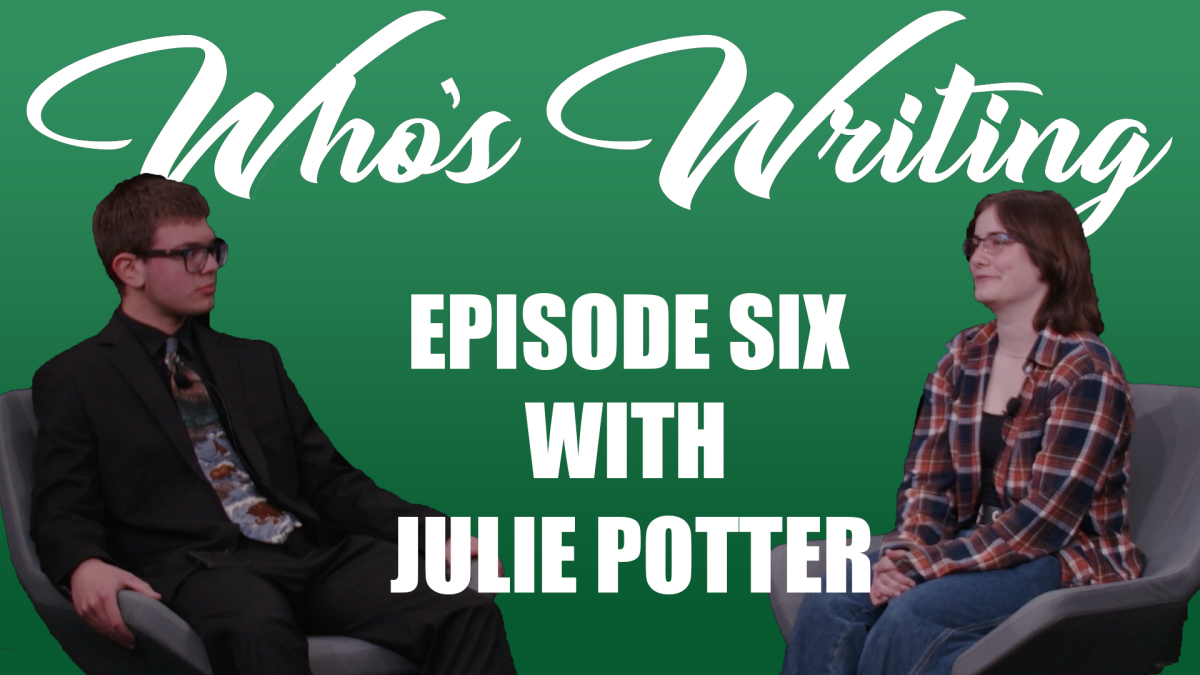
- Image by Getty Images via Daylife
By Christian Wagner
Staff Writer
Imagine that you received a letter in the mail because the government wanted to take your land to build a large skyscraper on top of it. In the case of many Chinese citizens, this was a horrible reality. In the wake of the Chinese dictatorial regime learning that the Olympics would take place in Beijing in 2008, they immediately devised a plan to make room for the spectacles that would occur. TheStar.com reported that an estimated 1.25 million citizens were forced out of their homes to build “The Bird’s Nest,” a 91,000 seat arena that was built in the heart of Beijing.
Many compared the Beijing Olympics to that of the 1936 Munich Olympics in Germany, where Adolf Hitler and the Nazis had a terrible human rights record. During the Olympic torch run, many protests were set up that would interfere with the routing of the running. In Paris, the official torch run had to be canceled because of a large protest that would endanger many people involved with it. Also, in Tibet many large scale riots occurred. Numerous news outlets reported that buildings were burnt, stores were looted, police brutality occurred, and more than 80 people were killed, most being women and little children, caught in the fray.
The Chinese government is referred to as “The People’s Republic of China,” and has three branches: the Communist Party of China, the state, and the People’s Liberation Army. The president, Hu Jintao, and his regime, have often been under scrutiny for their treatment of people within the country. Amnesty International China expert Verena Harpe recently conducted an interview with a German newspaper called Deutsche Welle. Harpe said that the Chinese government has gotten increasingly stricter with lawyers, journalists, and others, and how “Administrative Detentions” also known as prison sentences without a trial, have increased. “Such sentences, which can be as high as four years with ‘re-education through labor’ as part and parcel of such incarceration, have been delivered to the poorest of the poor,” said Harpe.
Other than monitoring what people say and do, the government heavily censors the news that is fed to the people. They often shut down feeds from TV stations like CNN and others, and they also tell journalists what they can and cannot publish in reports and stories. Journalists that were covering the Olympics were often restricted access to the internet. NBC and European TV stations were originally not allowed to broadcast outside of the Olympic buildings, because the Chinese government did not want the rest of the world to see what the area looked like. Many walls were built overnight to block views of parts of the city. The Chinese government also punished anyone who spoke out against the regime. According to The Calgary Herald, Yang Chunlin, a land rights activist from the Heilongjiang province, was arrested in July 2007. He tried to petition against illegal land acquisitions by officials and for writing essays citing political scandals. He was charged with “inciting subversion of state power.”
The Olympics intensified the human rights issue in China, and calls for reform have grown since the Olympics have finished.




![Reblog this post [with Zemanta]](https://img.zemanta.com/reblog_e.png?x-id=bf542bfe-5840-4a9d-9ad1-da1a05b63bd5)






